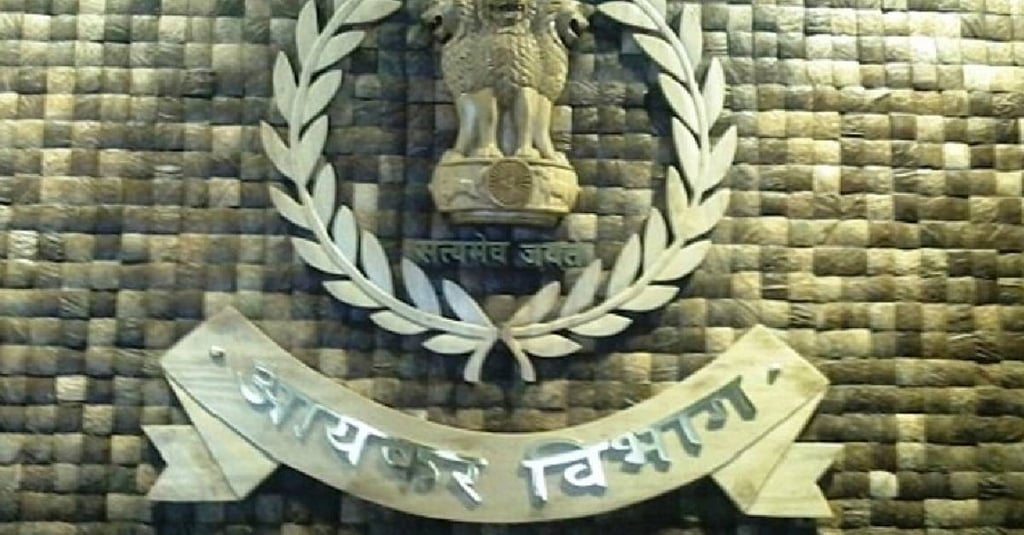Government denies allegations of IT department using DigiYatra data to track tax evasion
DigiYatra, a government-led initiative aimed at streamlining air travel through facial recognition and biometric data, was launched to make the airport experience more seamless.
TECH & AUTO


The Income Tax Department's alleged use of passenger data from the DigiYatra app to identify tax evaders has sparked privacy concerns, but both the app's CEO and the Ministry of Civil Aviation have firmly denied these claims. A recent report by The New Indian Express suggested that the IT Department was using DigiYatra’s data to cross-reference passengers’ spending habits with their income tax filings, particularly targeting frequent flyers whose declared income did not align with their expenses.
DigiYatra, a government-led initiative aimed at streamlining air travel through facial recognition and biometric data, was launched to make the airport experience more seamless. However, the report raised alarms over potential privacy violations. In response, DigiYatra’s CEO, Suresh Khadakbhavi, dismissed the allegations as baseless, clarifying that no Personally Identifiable Information (PII) is stored in a central database. Instead, the app follows a Self-Sovereign Identity (SSI) model, ensuring that all data remains securely stored on users' devices.
The Ministry of Civil Aviation also refuted the claims, stating that no data is shared with tax authorities and that the app’s design ensures passengers' privacy. The ministry emphasized that data is deleted within 24 hours after the flight’s departure, addressing concerns over the potential misuse of passenger information.
Despite these assurances, questions remain about how the system retrieves and verifies data for identity confirmation at airports, with some critics pointing to potential vulnerabilities in the system. This controversy has reignited broader discussions about data usage and privacy in India, raising concerns over the balance between technological innovation and safeguarding citizens' rights.
